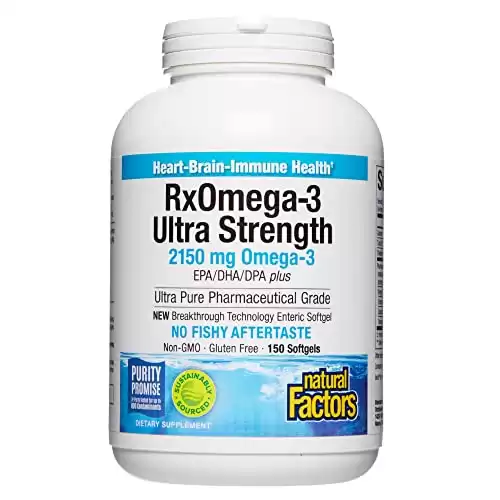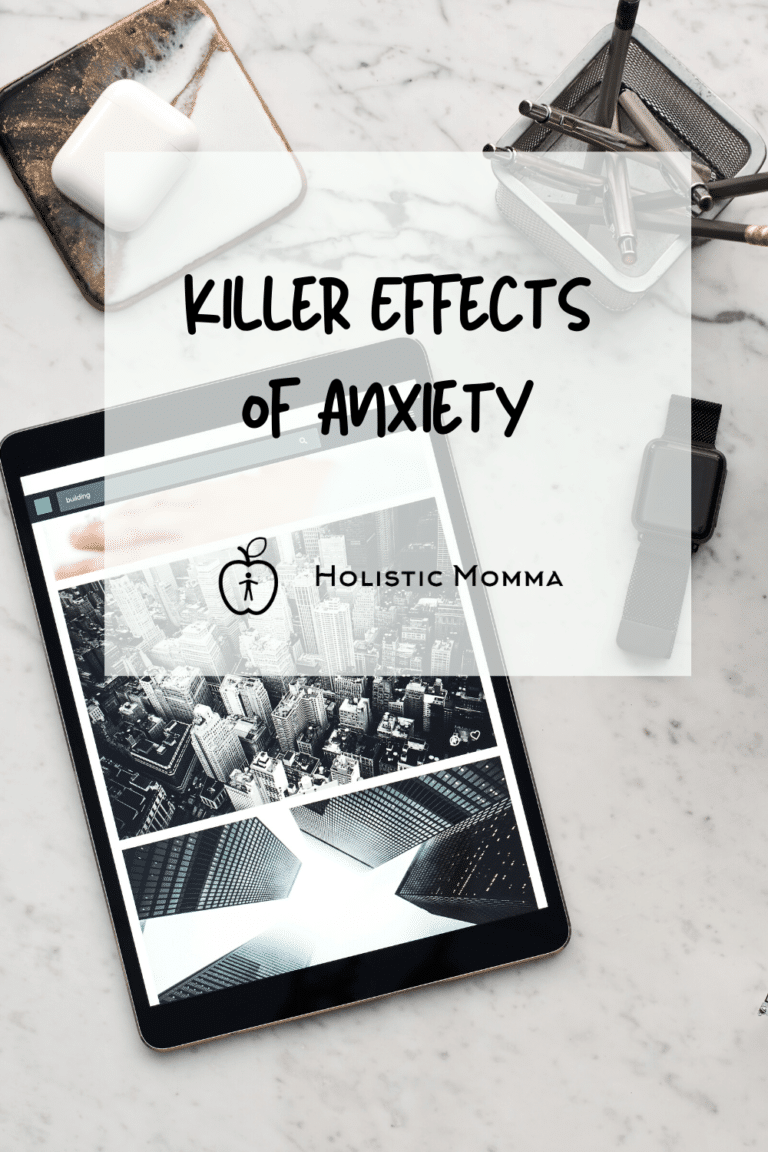12 Steps to a Successful Postpartum Depression Natural Treatment

After giving birth, the battle with your hormones may not be over yet. You may still experience mood swings, fatigue, anxiety, crying episodes, trouble sleeping, and panic attacks because your hormones are yet to reset to pre-pregnancy levels.
The symptoms may be more intense after the first few weeks, but if these symptoms persist for over two weeks, you may have postpartum depression (PPD). If that’s the case, you are not alone. Generally, one in seven women experiences postpartum depression.
If you are experiencing PPD symptoms after delivery, a doctor’s diagnosis and treatment recommendations can be a perfect start on your journey to recovery. However, there are natural postpartum depression treatments that have little to no side effects!
Table of Contents
Natural Remedies for Postpartum Depression
1. Create an Exercise Routine
Exercise is a natural antidepressant for women suffering from postpartum depression. Spending at least 10 minutes daily on minor or intense physical activities can uplift your moods and make you feel better.
Some exercises you can try include swimming, lifting weights, and walking. You can also try yoga or stretching. If you find it challenging to exercise alone, ask for help from your significant other or a friend.
Do something that you enjoy that gets your body moving. Exercising naturally increases your serotonin which is your “feel good” neurotransmitter; it also gives you better energy and sleep.
Dancing, walking, stretching, yoga on youtube, gardening, or a physically active hobby.
Diastasis recti workouts can be done at your own pace to help speed up your postpartum recovery, reduce bladder issues and support a healthy pelvic floor.
2. Have a Support System
These are trying times in your postpartum journey, and you need all the support and encouragement you can get. You can find support in your spouse, a close friend, or a family member.
If you don’t feel like confiding in close families and friends, there are other options, including online support groups for postpartum moms, a midwife, hospital matrons, healthcare givers, etc.
A healthy support system will keep you going on days you feel like giving up.
3. Get Enough Sleep
Always strive to get as much sleep as possible because it’s a healthy distraction from depression, PPD inclusive. Deep sleep distracts your brain from all the stress and gives your body time to relax and refresh.
While caring for a newborn can be demanding and makes deep sleep almost impossible, you can switch caring roles with your partner at night, sleep when the baby is sleeping or take short naps at noon.
Sleep training can be a really helpful way to increase your and your baby’s sleep. There are different variations, and not all methods are just the “cry it out”.
Some methods help you create a nightly feeding routine that naturally increases the baby’s sleep.
4. Avoid Isolation
Researchers found that nursing mothers who communicate more with other mothers or their friends are happier and have reduced lower depression levels.
Avoid facing your problems alone and interact with mothers in your neighborhood, especially those who have experienced PPD. Learn from their stories and be inspired by their courage.
Isolation helps depression to grow; you can avoid this with the right company.
Having positive people around you will help you make healthier decisions such as an ability to eat and sleep better.
5. Go to Therapy
Therapy is a proven way to improve postpartum depression symptoms. Your therapist or doctor may recommend Cognitive Behavioral Therapy (CBT) to help restore your vibrant self.
CBT involves techniques that change how you think and perceive the world. This approach also helps you recognize negative thoughts and improve your problem-solving skills. Learning and applying CBT strategies can help you solve your depression problems and improve your resistance to depression.
Another form of cognitive therapy is Mindfulness-Based Cognitive Therapy, which helps you focus on the present. Worrying about the anxiety of the future cause and dwelling on the past causes depression.
Mindfulness helps improve focus, gratitude, relaxation, positive mood, better sleep, and more.
Therapy is also beneficial because just “getting things off your chest” can be therapeutic in itself, as having someone who understands how to listen actively and problem-solve with you.
- -How to Learn relaxation techniques you can do anywhere.
- -Identify anxiety in yourself and others.
- -Learn how to better react to situations and set a firm foundation for dealing with stressful situations.
- Use Natural Supplements, Dietary, and Lifestyle changes to help you feel less anxious sooner.
- I am a Counselor in Training, so I share what I learn through my education and experience and the price will go up shortly--- However! You will get all of the free updates I make to the course at no additional charge to you! As I learn through research, my education, and personal experimentation of new supplement regimens I will share them with you!
6. Get More Sunshine

Spending more time outdoors and soaking up the sun at dawn or evening can significantly affect your mood.
Typically, you should spend at least 20 minutes per day receiving sunlight. You can split it up – 10 minutes at dawn and the remainder in the evening.
Also known as light therapy, several studies have proven that exposure to sunlight can induce sleep, improve moods, and reduce postpartum depression by 70 percent.
If you struggle to get outside, start small and supplement with vitamin D to help you raise your levels more effectively.
7. Use Omega-3 Fatty Acids
Omega-3 Fatty acids are natural antidepressants and may help reduce symptoms of postpartum depression.
One research associates postpartum depression with low tissue levels of Omega-3 Fatty acids. So, you have a better chance of recovery when you eat foods high in Omega-3.
Foods rich in Omega-3 include salmon, egg yolk, and flaxseed; fish oil supplements can also help.
Omega 3s support healthy hormone levels, decrease inflammation and pain, fights cancer, increase estrogen levels, and are a natural blood thinner.
Natural factors Omega 3 Fish oil is one of the highest doses for only 2 capsules that you will find. They are also 3rd party tested for purity and quality.
- Made with 1360 mg of EPA and 670 mg of DHA omega-3 fatty acids per serving; Designed to exceed international standards to ensure safety from pollutants like mercury and PCBs
- Take 1-2 capsules per day
8. Change and Plan Your Diet
Nutrition plays a critical role in new mothers’ mental and physical health. Processed foods promote depression and induce stress; avoid them as much as possible.
Plan your meals to include high-fiber foods such as vegetables, fruits, whole grains, berries, etc. You can also speak with your doctor about the best diet recommendation for nursing mothers so you can plan your meals accordingly.
9. Be Realistic About Your Roles
Part of the stress and depression may come from your role at home, which can be overwhelming. When a baby is asleep, most mothers see that as an opportunity to clean up and do house chores rather than to rest.
Don’t be hard on yourself; the dishes and the messed up bedroom can wait while you rest. Consider cutting down on your household chores and realize there are limits to what you can do as a new mother.
10. Create Time for Self-care

Having personal time for relaxation, meditation, self-care, and outdoor activities is almost impossible when a baby is glued to your body. You need to create time for self-care by asking for help with your baby.
From your mother or mother-in-law, who may be delighted to take you up on the offer to your siblings, husband, and close friend, you’d be surprised at how much people are willing to help.
Schedule enjoyable events that will help you “fill up” your cup, such as pedicures, massages, chiropractic appointments, etc.
Write out a rough schedule that includes your feeding, napping, cleaning, and work schedule, and then schedule specific days or hours out of the day to make your self-care time. It could be 20 minutes before you go to bed when you read a book to candlelight or take an Epsom salt bath.
Self-Care Ideas
- Setting boundaries
- Feeding yourself first
- Walking away from an overstimulating situation and returning to it a few minutes later when you can handle it.
- Exercising
- Dancing
- Journaling
- Bathing/showering
- Lighting a candle
- Dry brushing
- Reading an enjoyable book
- Listen to a podcast
- Call a friend
- Ask for help
- Coloring
- Painting
- Singing
- Listening to music
- Meditating
- Find a hobby
- Dressing up
- Get or give yourself a facial
- Cancel something on your schedule
- Schedule a self-care appointment
- Eat a whole-food meal
- Stop judging yourself
- Take stress supplements
- Order a self-help book
- Go to therapy
- Go on a date
11. Spend Time with Nature and Pets
If you live in an area close to a nature park, seashore, mountains, or any natural attraction, immerse yourself in nature to boost your mood.
Take long walks on the beach, admire the mountains, and stroll in the parks to revitalize your spirit. While this natural remedy is only practical for those who love nature and live around it, pets can also make you happier if you have them.
12. Breastfeed Your Baby More
Breastfeeding enhances nursing mothers’ mental and physical health. Also, women who breastfeed more generally have reduced postpartum depression symptoms.
Breastfeed your baby for six months to reduce your risk of postpartum depression. Studies also show that breastfeeding helps your baby achieve growth, development, and health.
Conclusion
It’s common for women to experience postpartum depression while tending to their newborns. If it happens to you, use these natural treatments to improve your mood and overall health. Also, speak with your doctor about other options that may work for you.
Originally posted 2022-12-29 01:59:52.
Megan Santiago
Latest posts by Megan Santiago (see all)
- How to Find a Trauma Therapist in Tampa - September 30, 2024
- Get Your Child to Listen: A Clear-Cut Way To Feel Heard - March 10, 2024
- Help With Bills – How to Get Financial Assistance - March 10, 2024



